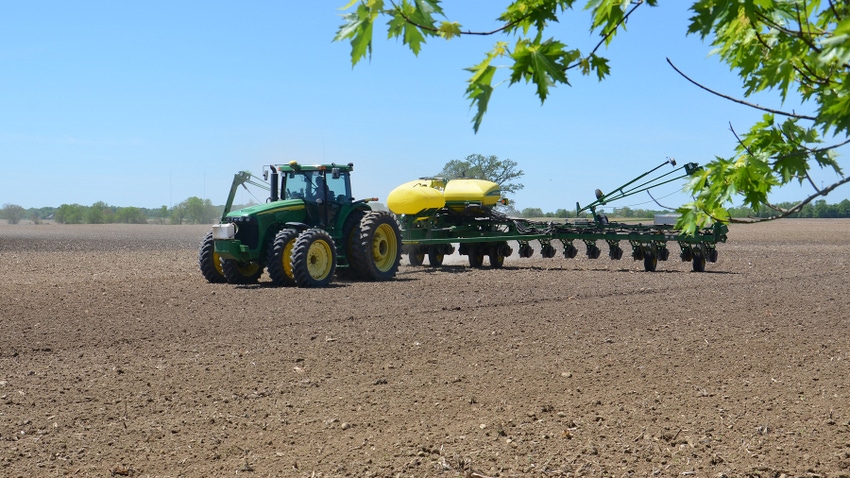
You enter a new crop season with a game plan. You know what you will plant where and have even estimated yield outcomes so you can execute a marketing plan. Then too much rain falls and field work is delayed. Or not enough rain falls, or it’s too cool or too hot — you know the drill. Reality sets in.
“When anything unexpected happens, you adjust your crop plan, and perhaps your crop budget, too,” says John Maman, director of sales and marketing with Nutrien Financial. “It is important to revisit your whole-farm financial plan for the year when those things happen.
“Your economic outcome will likely be affected. So, it’s important to look at how your cash flow and operating loans will be impacted. There may be things you can do to adjust your financial plan during the season to keep in line with your adjusted crop plan.”
Nutrien Financial is a division of Nutrien Ag Solutions and provides financing to support farmers. Maman is one of 13 employees nationwide who concentrate on helping customers with payment solutions related to fertilizer, seed and other products offered by Nutrien.
Why economic plans shift
Several factors can cause economic plans to shift, Maman says:
Weather. When weather makes it anything but business as usual in the field, it also spills over into the financial side of your business, Maman says.
“It’s important that you work with people whom you trust when you build your crop plan, and if and when you must adjust it due to weather,” he says. “We want to be people you can trust on the financial side. When things go different than expected in the field, they may go different financially too. Have people you trust who can offer advice. Be ready to pivot to a different financial course, if you need to do so.”
Inflation. The last couple of years saw big increases in input prices, and also in the cost to borrow money, Maman says. When both input prices and interest costs are shifting during the year, it requires staying on top of them and revisiting what your financial plan looks like with recent changes. That’s especially true if input costs or interest rates change faster than you anticipated.
Operating line of credit. Nutrien Financial can help you cover costs of some inputs, which gives you more flexibility to use your operating loan for other needs, Maman says. Should crop prospects shift, you have more room to operate. When things are positive, you can take advantage of opportunities that can increase profitability.
Digital financing. Some people are more comfortable than others doing business online, Maman acknowledges.
“We’re likely to see more aspects of farming operations moving to digital as the need for connectivity increases,” he adds. “There may be some hesitancy, but it can streamline how you do things. Plus, there may be additional benefits for decision-making because you can see how different areas of your business are connected.
“Some customers are worried about sharing all their data, and we understand the need for privacy. We minimize the number of people who see a customer’s financial information and take security of information very seriously.”
About the Author(s)
You May Also Like




